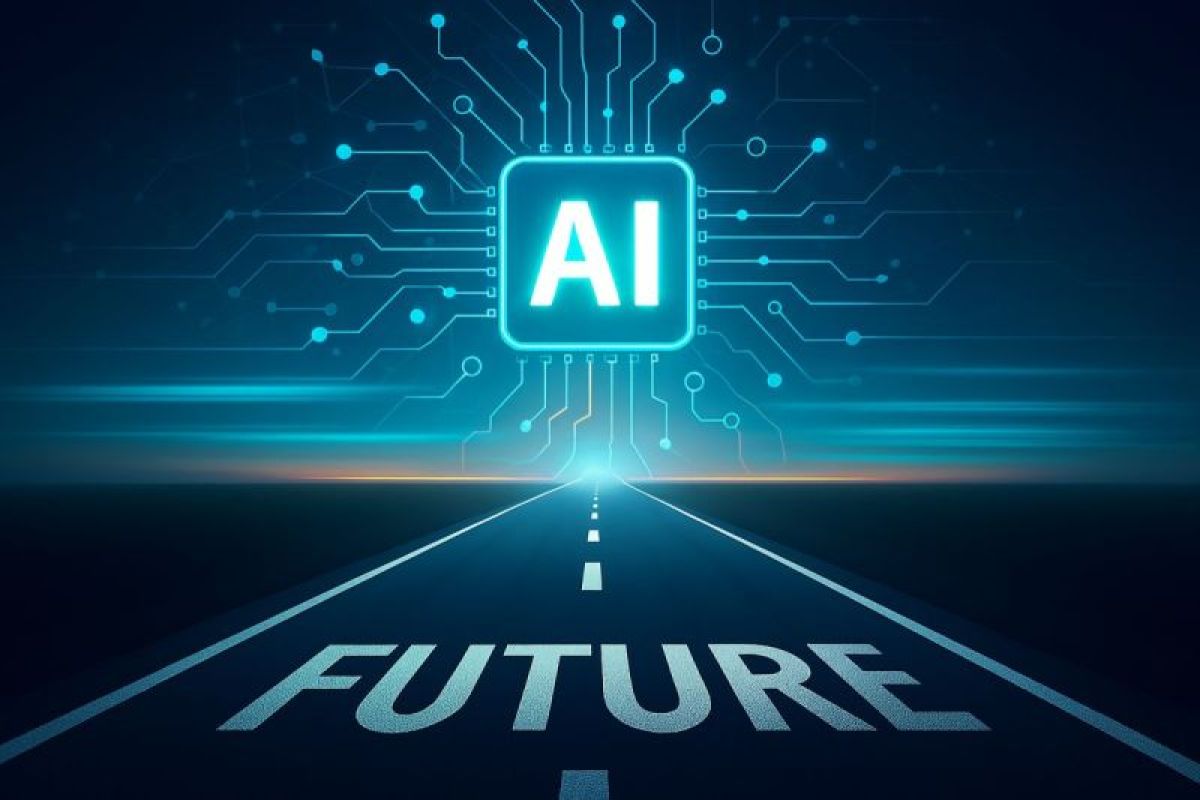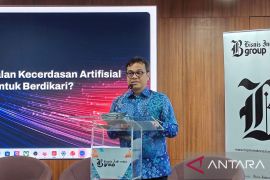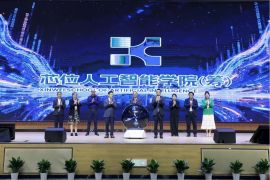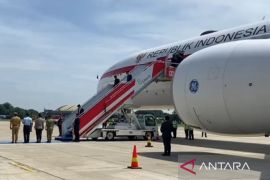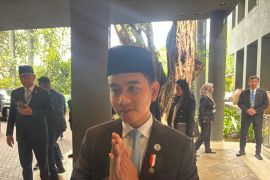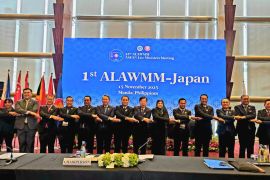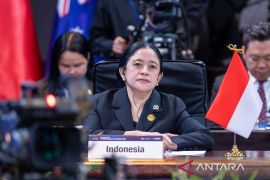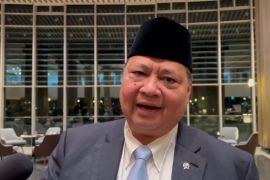"Imagine a world where it can diagnose diseases earlier, personalize education, and create a more stable future," he said at the World Economic Forum in Davos in 2018.
That vision is now unfolding globally, including in Indonesia, where AI is transforming industries, healthcare, and even defense, while policymakers prepare an ethical framework to guide its use.
Industry embracing digital transformation
In Indonesia, Industry Minister Agus Gumiwang Kartasasmita has emphasized that digital transformation is key to boosting both production and efficiency.
"Companies that adapt technology will improve relationships between companies and customers," he said.
According to Kartasasmita, AI-based tools have improved the accuracy of raw material forecasts, enabled more precise procurement, and sped up logistics coordination between factories and headquarters. AI, he stressed, is no longer a trend but a necessity — particularly for the manufacturing sector.
AI in healthcare innovation
The government has also turned to AI to strengthen the health sector. The Indonesia Healthcare AI Hackathon 2025, for instance, aims to develop innovative, AI-driven solutions for five priority diseases: stroke, stunting, diabetes, cardiovascular diseases, and tuberculosis (TB).
Deputy Health Minister Dante Saksono Harbuwono said AI offers scalable solutions to reduce healthcare disparities across Indonesia's vast archipelago.
Such disparities, he noted, stem from limited numbers of healthcare professionals, an aging population, climate change, rising medical costs, and geopolitical challenges.
"Indonesia's geography — with more than 17,000 islands — makes equal healthcare access difficult through traditional methods alone," he said. "Technological innovations like AI must be leveraged to achieve equitable and efficient healthcare services."
AI, he explained, enables smarter diagnostics and predictive insights to assist doctors in clinical decision-making. The ministry has begun integrating AI into programs such as TB detection through AI-powered chest X-rays and AI-assisted scans for stroke and cancer.
A chatbot for diabetes risk assessment has also been introduced, while AI-based hospital call centers have cut patient queues by 70 percent and improved satisfaction by 35 percent.
"AI has a monumental role to play because traditional approaches are no longer sufficient. However, our focus is not on replacement, but on empowerment," Harbuwono emphasized.
Advancing defense technology
AI is also supporting defense innovation. At the Indonesian Armed Forces' (TNI) 80th anniversary celebration, state-owned shipbuilder PT PAL unveiled an unmanned, AI-powered submarine, marking a milestone in local defense technology.
CEO Kaharuddin Djenod said the autonomous submarine strengthens Indonesia's capabilities in underwater surveillance and threat detection, representing a step toward defense self-reliance.
The submarine can be remotely operated via an Autonomous Submarine Command Center using radio frequency or satellite links and can connect with shipborne or land-based command units.
According to PT PAL, the project reflects its long-term commitment to building advanced, homegrown defense technology.
Economic opportunities in AI
AI is also expected to bring massive economic benefits. Communication and Digital Affairs Minister Meutya Hafid said studies project that AI could create up to 90 million new jobs globally in fields such as data science and human-AI collaboration.
Economically, AI is projected to generate up to US$15.7 trillion in global revenue by 2030. A Cisco report, she added, identifies Indonesia as one of the countries with strong potential for AI development due to its high technology adoption rate.
Guarding against risks
Despite its promise, AI also carries risks. Pichai himself warned of the need to harness AI's benefits while minimizing its downsides — a concern shared by the Indonesian government.
Deputy Minister of Communication and Digital Affairs Nezar Patria said fostering critical thinking is essential to ensuring that people use AI wisely and ethically.
"Critical thinking enables humans to remain aware of technology. This is crucial so that technology does not enslave us," he said.
Through critical thinking, he added, people can use AI in ways that benefit society rather than harm it.
Building ethical foundations
The government is currently drafting a presidential regulation to adopt both the national AI roadmap and the AI ethics regulation, expected to be issued this year.
These instruments will serve as the legal foundation for building an ethical and responsible AI ecosystem.
"In line with our vision, one of the guiding principles is sustainability," Patria said. "AI must be developed with consideration for its impact on humans, the environment, and all living creatures."
The upcoming AI roadmap aims to foster research, attract investment, and support national priority programs in five sectors: healthcare, digital talent education, bureaucratic reform, smart city development, and food security.
It will also lay out principles of accountability, transparency, and copyright protection.
To ensure inclusive and sustainable AI growth, the roadmap focuses on strengthening participation among stakeholders, mitigating risks such as misinformation, fostering innovation in business processes, and expanding AI research and development capacity.
"With continuous collaboration, Indonesia can become one of the leading global powers in AI," Patria said.
Related news: Ministers team up to drive AI research and talent development
Related news: Indonesia strengthens digital infrastructure, talent growth
Editor: Anton Santoso
Copyright © ANTARA 2025
